Published since 2019 by the Fair Winds Foundation and Association of Foreign Relations, Taiwan Weekly provides in-depth report and analysis of the major issues facing Taiwan.

Housing Justice and Lai's Empty Promises
The Executive Yuan passed a new plan for differential house tax rates on July 6.
Details
This Week in Taiwan 0702-0708
July 1: General Mark Milley, chairman of the Joint Chiefs of Staff of the United States, delivered a speech at the National Press Club luncheon in Washington, pointing out there is no sign that mainland China has decided to attack Taiwan in 2027, and the United States and other countries still have time to make it clear to China that the use of force is a bad idea. He emphasized that the U.S. military must be ready at any time and advance military modernization as soon as possible to ensure its superiority over China and increase the likelihood of deterring war.
Details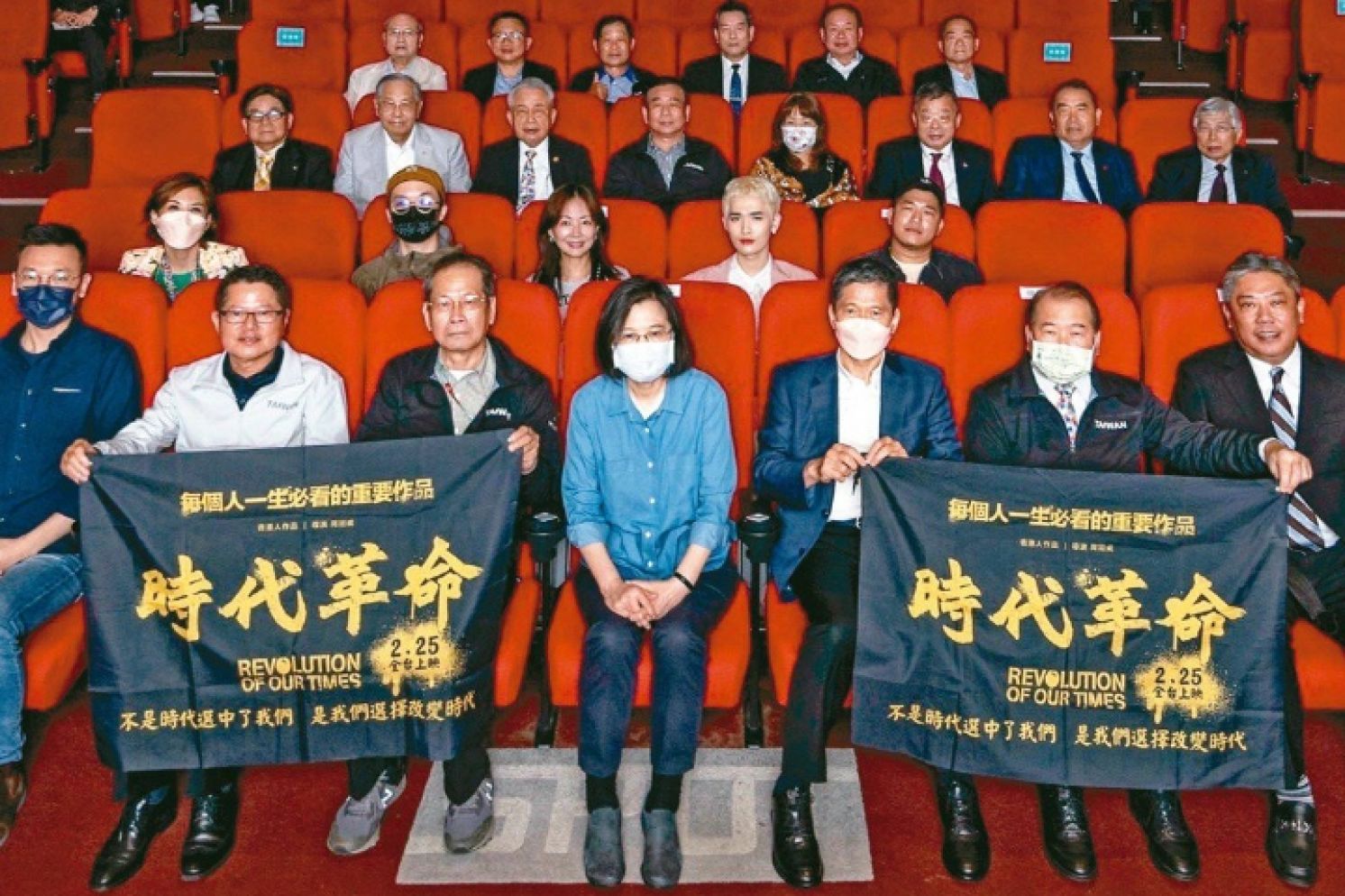
Tsai Administration's "Backing Hong Kong" Gone Awry?HK Immigration to Taiwan Declines Sharply
In 2019, the protests in Hong Kong broke out, and the administration of President Tsai Ing-wen in Taiwan loudly proclaimed its support for Hong Kong.
Details
Discuss Restarting ECFA Calmly
With the 2024 presidential and legislative elections approaching, campaigns have shifted their focus back to significant economic and financial issues—whether to restart negotiations on the Cross-Strait Economic Cooperation Framework Agreement (ECFA), including cross-strait agreements on trade in services and trade in goods.
Details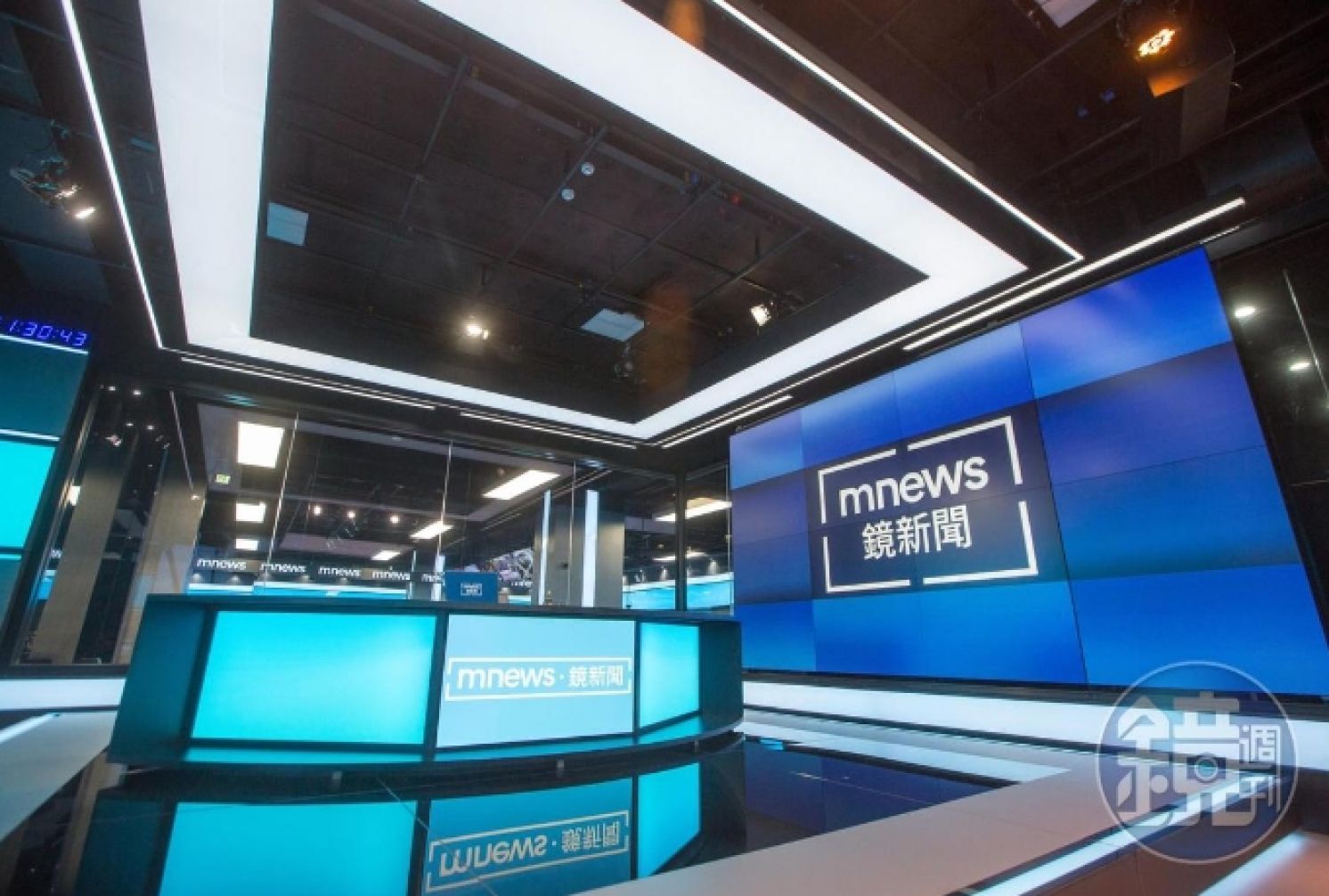
NCC's Historic Mistake:Mirror Media Case Undermines President Tsai
On the morning of June 29, during her opening speech at the 2023 World News Media Congress, President Tsai Ing-wen stated that in recent years, many international media professionals have set up stations in Taiwan, which confirms Taiwan's efforts to defend media freedom and freedom of speech.
Details
This Week in Taiwan 0625-0701
June 25: Former President Ma Ying-jeou invited mainland Chinese students from Peking, Tsinghua, Fudan, Wuhan, and Hunan universities to come to Taiwan in July for student exchanges. The Ministry of Education recently issued a document to the five universities in Taiwan willing to host the mainland students, asking the schools to propose a security plan to ensure the safety of instructors and students on campus. The move was criticized as imposing a technical barrier.
Details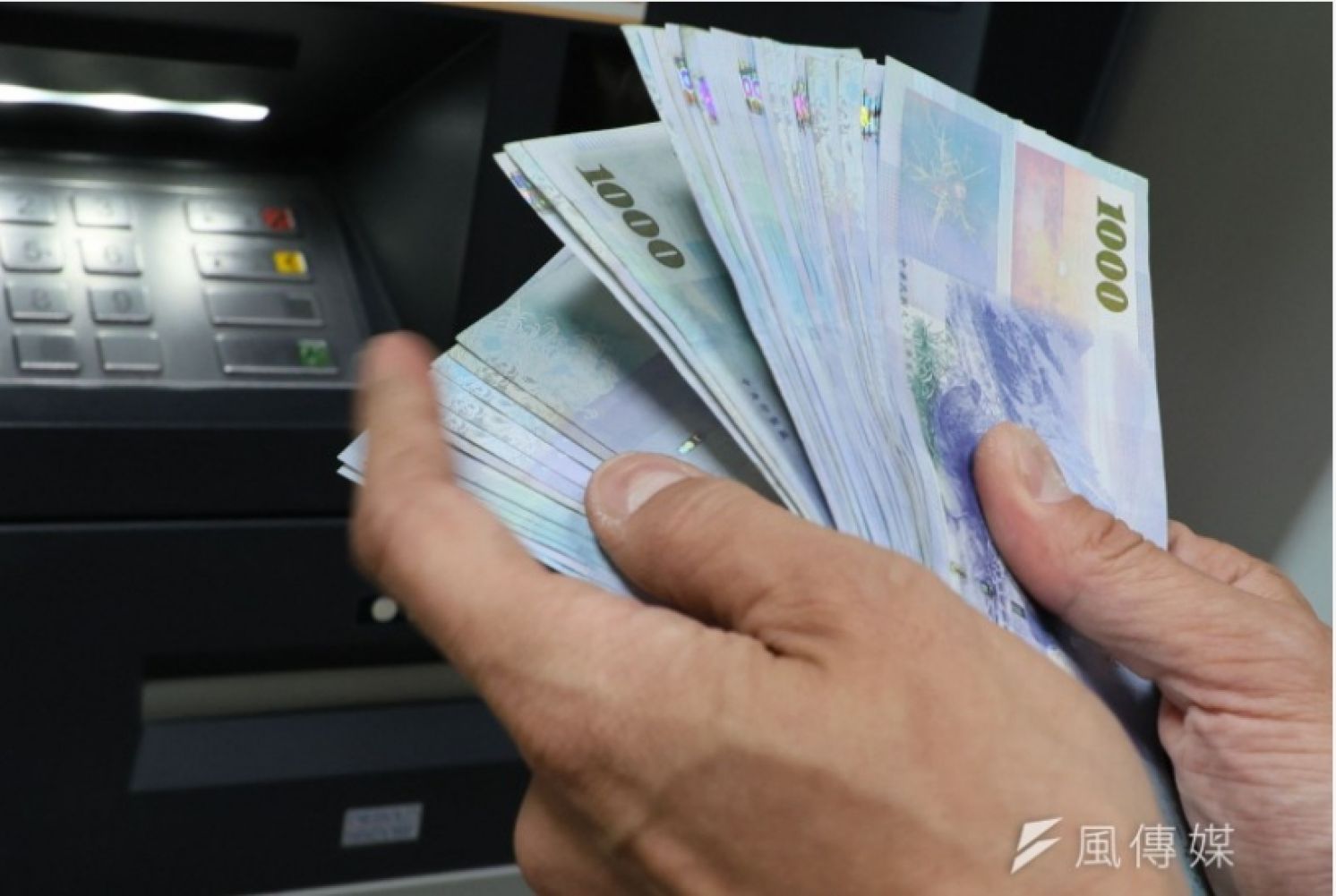
Prosecutors Name FSC, NCC, and MODA for Failure in Combatting Fraud
Fraud crimes have become a national security problem in Taiwan, with an accumulated loss of NT$6 billion (about NT$193 million) last year.
Details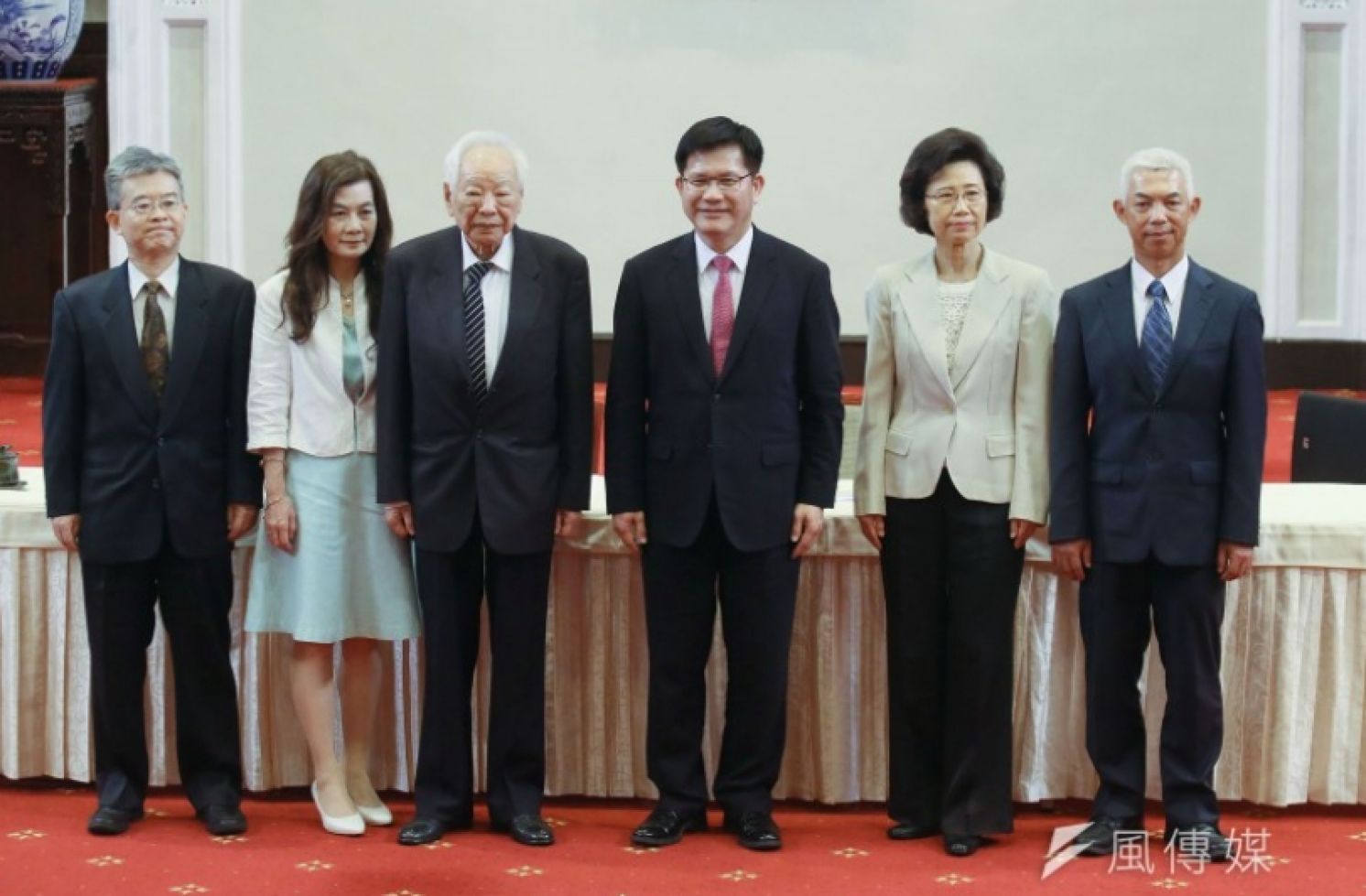
When Grand Justices Become a Partisan Flank
President Tsai Ing-wen has insisted on the nomination of all grand justices before the end of her tenure, leaving no nominations for the next president.
Details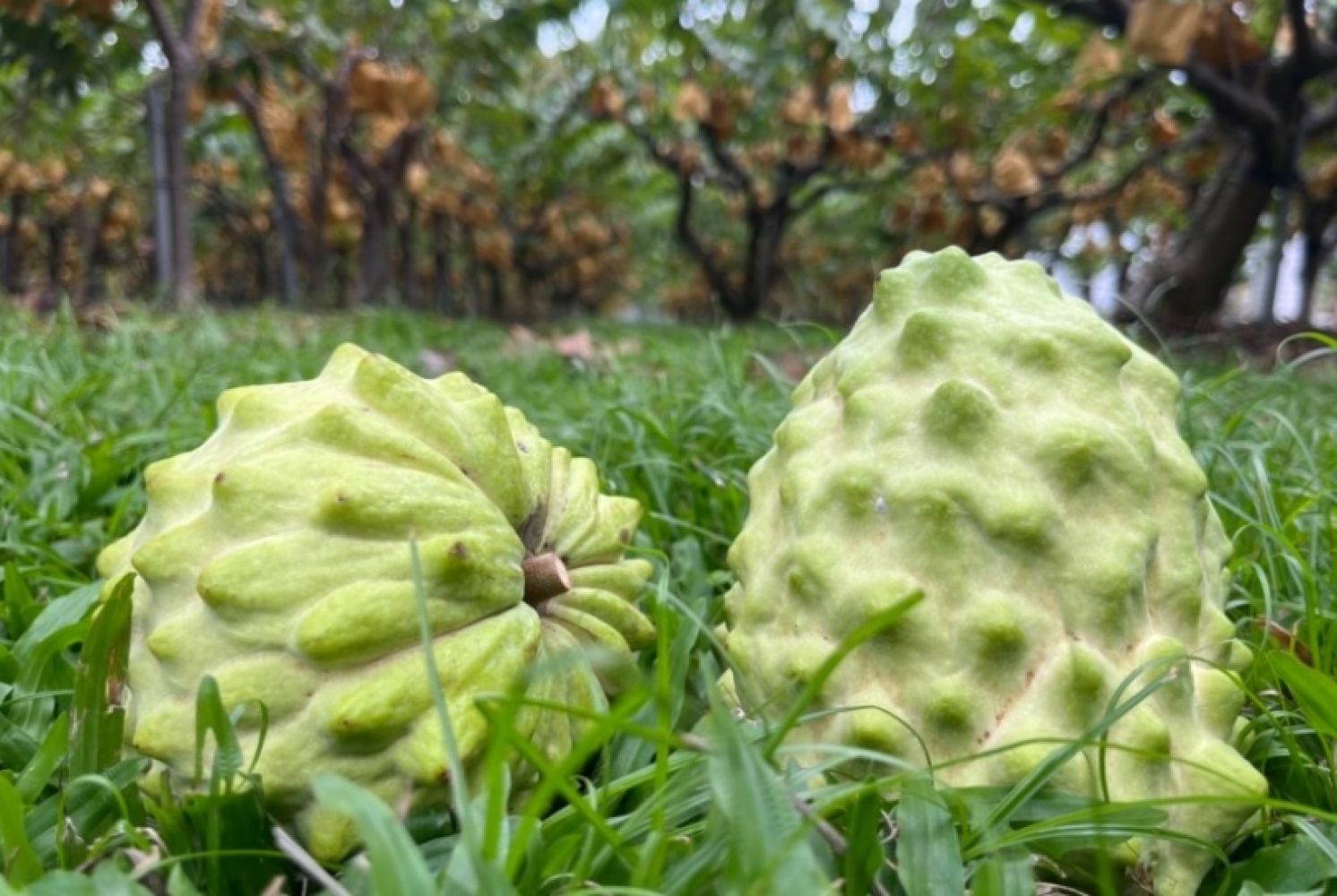
"Unification Campaign" through Pineapples and Custard Apples?How the DPP Has Confidence to Talk Nonsense
After 638 days, the Taiwan Affairs Office of mainland China’s State Council announced on June 20 that Taitung custard apples can be exported to the mainland again.
Details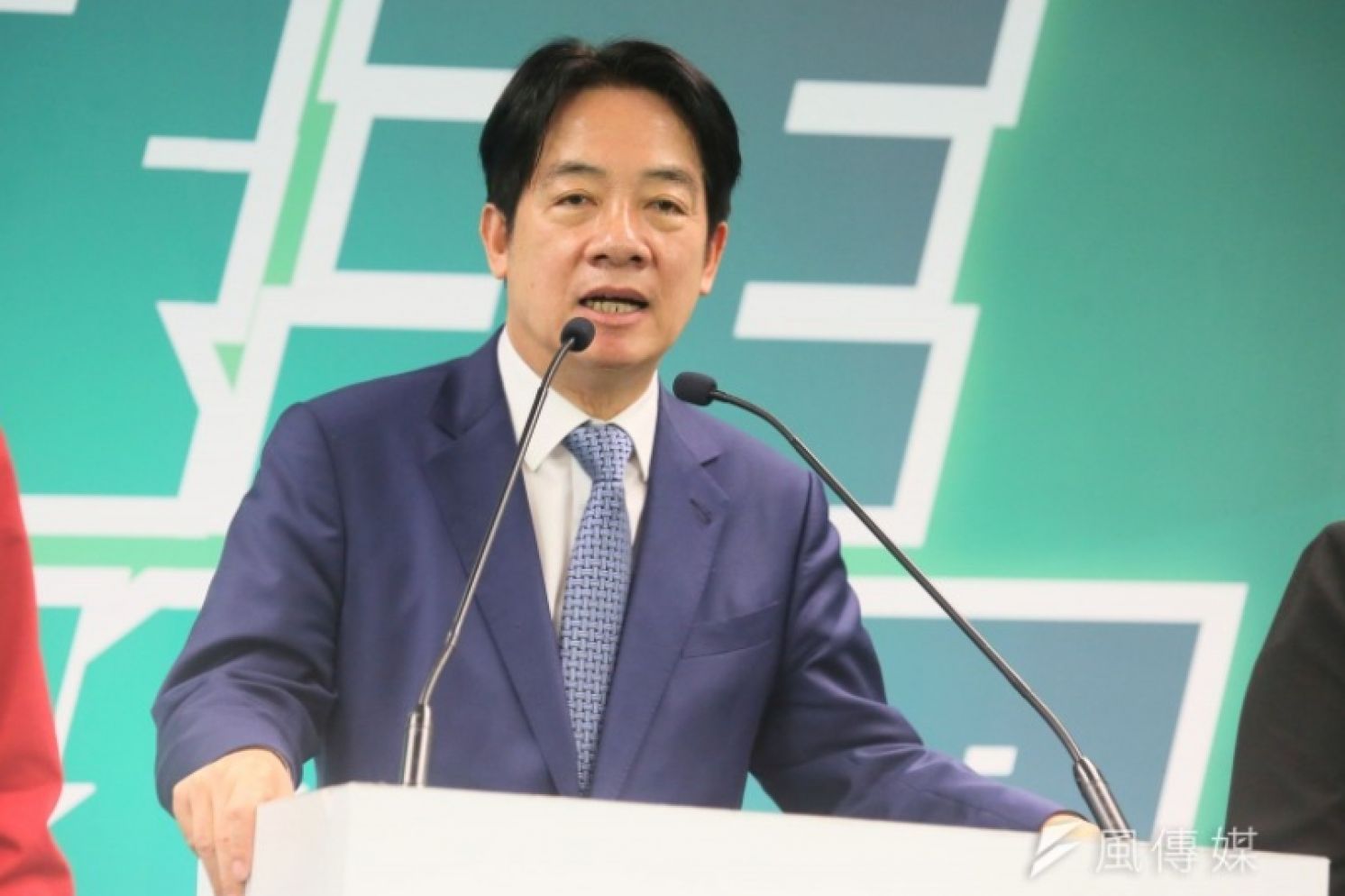
This Week in Taiwan 0618-0624
June 19: An inauguration ceremony for the naval warship Yushan was held at the Zuoying military port. The flag presentation was presided over by Commander Tang Hwa of the Navy. However, the event was unique in that it was not open to the public and did not invite high-level government officials to attend. It is rumored that the Ministry of National Defense ordered to keep a low profile.
Details- 1
- 2
- 3
- 4
- 5
- 6
- 7
- 8
- 9
- 10
- 11
- 12
- 13
- 14
- 15
- 16
- 17
- 18
- 19
- 20
- 21
- 22
- 23
- 24
- 25
- 26
- 27
- 28
- 29
- 30
- 31
- 32
- 33
- 34
- 35
- 36
- 37
- 38
- 39
- 40
- 41
- 42
- 43
- 44
- 45
- 46
- 47
- 48
- 49
- 50
- 51
- 52
- 53
- 54
- 55
- 56
- 57
- 58
- 59
- 60
- 61
- 62
- 63
- 64
- 65
- 66
- 67
- 68
- 69
- 70
- 71
- 72
- 73
- 74
- 75
- 76
- 77
- 78
- 79
- 80
- 81
- 82
- 83
- 84
- 85
- 86
- 87
- 88
- 89
- 90
- 91
- 92
- 93
- 94
- 95
- 96
- 97
- 98
- 99
- 100
- 101
- 102
- 103
- 104
- 105
- 106
- 107
- 108
- 109
- 110
- 111
- 112
- 113
- 114
- 115